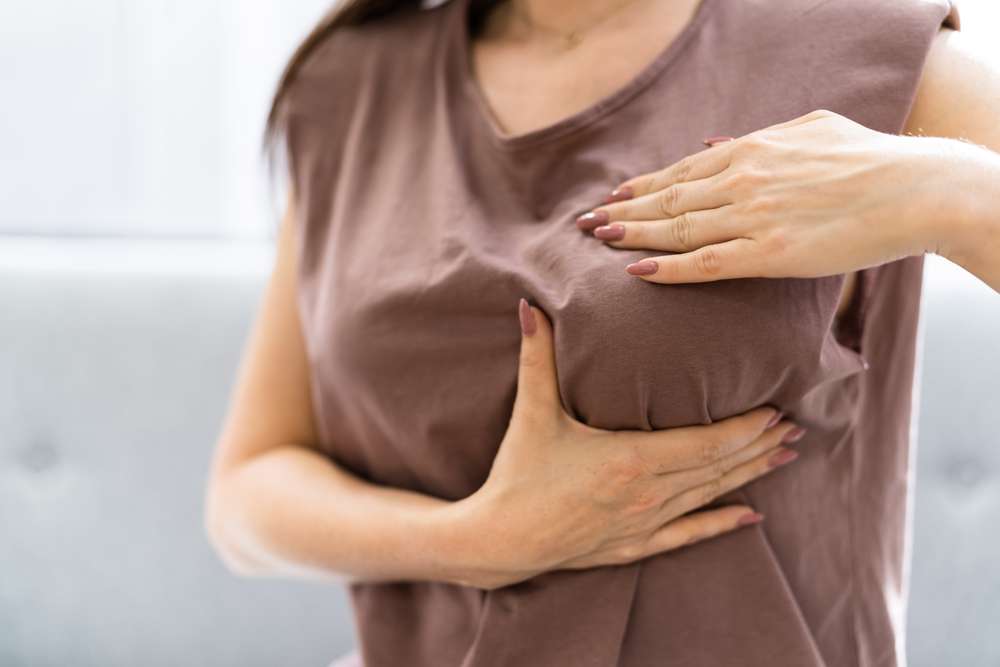Know the Early Signs of Vulvar Cancer: A Complete Guide
Vulvar cancer affects thousands of women each year, yet many are unaware of its early warning signs. Understanding the symptoms, risk factors, and importance of regular screening can lead to earlier detection and better treatment outcomes. This comprehensive guide covers everything you need to know about recognizing vulvar cancer in its earliest stages and taking proactive steps for your health.

Vulvar cancer represents a relatively uncommon but serious form of gynecologic cancer that develops in the external female genital area. While it accounts for only about 4% of all gynecologic cancers, understanding its early signs and risk factors remains crucial for women’s health. Early detection significantly improves treatment success rates and overall prognosis.
Recognizing Early Symptoms of Vulvar Cancer
The earliest signs of vulvar cancer often appear as changes in the vulvar area that persist for more than two weeks. Common symptoms include persistent itching, burning, or pain in the vulvar region. Many women notice unusual lumps, bumps, or growths on the vulva that may be raised, flat, or wart-like in appearance.
Skin changes represent another significant warning sign. These may include areas of discoloration, such as white, red, or darkened patches on the vulvar skin. Some women experience bleeding or discharge that occurs outside of normal menstrual cycles. Additionally, painful urination or discomfort during sexual activity may indicate underlying vulvar changes requiring medical evaluation.
Understanding Risk Factors and Screening Methods
Several factors increase the likelihood of developing vulvar cancer. Age plays a significant role, with most cases occurring in women over 50, though younger women can also be affected. Human papillomavirus (HPV) infection, particularly with high-risk strains, substantially increases vulvar cancer risk.
Other risk factors include a history of cervical or vaginal cancer, vulvar intraepithelial neoplasia (VIN), lichen sclerosus, and compromised immune systems. Smoking also elevates risk levels. Women with multiple sexual partners or those who began sexual activity at an early age may face increased risk due to higher HPV exposure likelihood.
Currently, no routine screening test exists specifically for vulvar cancer. However, regular pelvic examinations during gynecologic visits allow healthcare providers to visually inspect the vulvar area for abnormalities. Self-examination using mirrors can help women become familiar with their normal anatomy and notice changes.
Importance of Regular Checkups for Women’s Health
Regular gynecologic examinations serve as the primary method for early vulvar cancer detection. Healthcare providers recommend annual pelvic exams for sexually active women or those over 21 years old. During these visits, doctors perform visual inspections of the vulvar area and may use magnification tools for detailed examination.
Women should schedule immediate medical consultations when experiencing persistent vulvar symptoms lasting more than two weeks. Early intervention allows for prompt diagnosis and treatment initiation. Healthcare providers may perform biopsies of suspicious areas to determine whether abnormal cells are present.
Maintaining open communication with healthcare providers about any vulvar concerns ensures appropriate evaluation and care. Women should never feel embarrassed about discussing intimate health issues, as early detection saves lives.
| Healthcare Provider | Services Offered | Key Features |
|---|---|---|
| Gynecologic Oncologists | Specialized cancer treatment | Advanced surgical techniques, chemotherapy expertise |
| General Gynecologists | Routine screenings, initial evaluation | Comprehensive women’s health care, early detection |
| Dermatologists | Skin condition assessment | Specialized vulvar skin disorder expertise |
| Primary Care Physicians | Initial symptom evaluation | Accessible care, referral coordination |
Prevention strategies focus on reducing known risk factors where possible. HPV vaccination provides significant protection against high-risk HPV strains linked to vulvar cancer. The vaccine is most effective when administered before sexual activity begins, typically during adolescence, though it can benefit women up to age 45.
Maintaining good vulvar hygiene without over-cleansing helps preserve natural protective barriers. Avoiding harsh soaps, douches, and tight-fitting clothing reduces irritation risk. Smoking cessation significantly decreases vulvar cancer risk while providing numerous other health benefits.
Treatment options for vulvar cancer depend on the stage and extent of disease at diagnosis. Early-stage cancers may require only surgical removal of the affected area, while advanced cases might need more extensive surgery, radiation therapy, or chemotherapy. Five-year survival rates exceed 90% when vulvar cancer is detected and treated in its earliest stages.
Understanding vulvar cancer’s early signs empowers women to seek timely medical care when symptoms arise. Regular gynecologic examinations, combined with awareness of risk factors and symptoms, provide the best defense against this disease. Women should prioritize their reproductive health by scheduling routine checkups and maintaining open dialogue with healthcare providers about any concerns.
This article is for informational purposes only and should not be considered medical advice. Please consult a qualified healthcare professional for personalized guidance and treatment.




